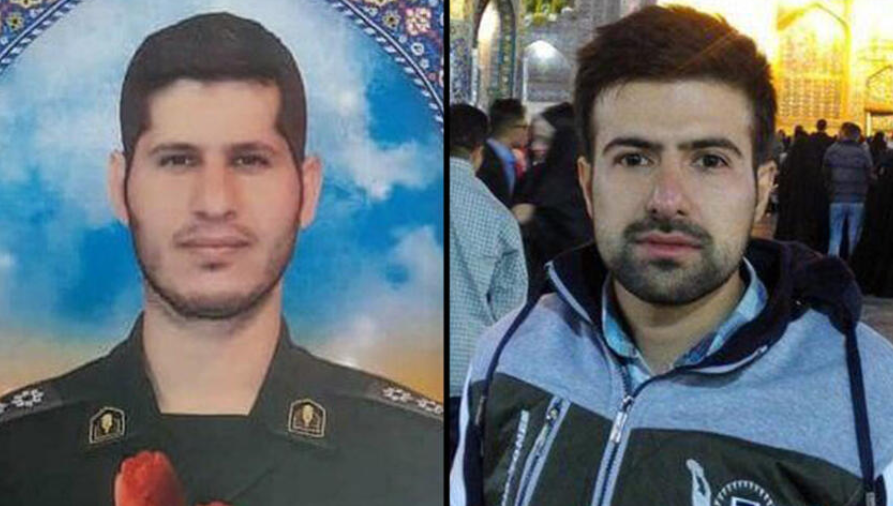Tehran to push for lifting of sanctions at forthcoming JCPOA talks
Published on Thursday 18 November 2021 Back to articlesThe negotiating parties have agreed to resume the Vienna talks on 29 November. Six rounds of negotiations took place under the previous Iranian administration, but this will be the first direct effort to revive the Joint Comprehensive Plan of Action (JCPOA) since President Ebrahim Raisi took office in August.
The Iranian delegation will be led by Deputy Foreign Minister Ali Bagheri, who participated in nuclear negotiations in the late 2000s under the former hard-line secretary of the Supreme National Security Council (SNSC), Saeed Jalili. Bagheri is known as a vocal critic of the JCPOA, and it is clear that he intends to leave his mark on the talks. He has so far refused to refer to them as a process to revive the JCPOA, describing them rather as a means to get rid of US sanctions on Iran.

This attitude is the first reason why many Western observers are not very optimistic about the upcoming talks. That said, if they concentrate on a realistic compromise, progress could be made.
What Tehran wants is obvious: a lifting of sanctions. In the initial phase of his appointment, Bagheri insisted that ‘all sanctions’ would have to be removed. In later discussions with European counterparts, he clarified this to mean ‘all sanctions that impede the implementation of the JCPOA’ should be lifted.
This change of tone is a reminder that Bagheri is only an official. He is implementing policies designed by the SNSC with a clear objective: Iran needs economic impetus to improve the societal outlook. A success in Vienna is the fastest route to that goal.
Because Tehran wants quick economic relief, there will be a push towards an interim deal that would permit frozen funds to be released in return for an adjustment in Iranian nuclear activities, especially discontinuing higher-level enrichment.
It is possible that Israel and hard-line political forces in Iran and the US may take actions to disrupt the process, such as cyberattacks on Iranian targets and attacks by Iranian proxies in the region.
Meanwhile efforts to defuse tensions — between Iran on the one side, and Saudi Arabia and the UAE on the other — will continue which could potentially benefit other regional states, and especially Yemen, Syria, and Iraq.
An Iran–UAE security dialogue and expansion in trade relations will also help ease tensions in the Persian Gulf region. The new positive atmosphere will be consolidated if Tehran continues its new approach of informing regional players about progress in the JCPOA negotiations.
Iran is also engaging with the Taliban with the objective of securing some economic benefits, such as exporting strategic goods including fuel and electricity to Afghanistan. Containing the flow of refugees from Afghanistan will also be a topic of mutual interest for Iran and the European Union.
Iranian enterprises are continuing to expand trade with regional markets, but their efforts will be hampered by inflationary pressures.
The country’s economy will continue to suffer from the budget deficit, capital flight, and a brain drain and a reversal of these phenomena can be expected only if sanctions are lifted and the Iran moves towards solid economic growth for a few years.
This excerpt is taken from Iran Strategic Focus, our monthly intelligence report on Iran. Click here to receive a free sample copy.The November 2021 issue of Iran Strategic Focus also includes the following:
Commentary
- Great expectations: Vienna talks back on – to what end?
Politics & Society
- Assassination attempt against Iraq’s Prime Minister Mustafa al-Kadhimi
- Afghan refugees
- An ageing population
- COVID-19 update
Special feature
- Iran’s brain drain
Profile
- Iran’s Special Envoy to Afghanistan, Kazemi Qomi
Economy & energy
- Grappling with inflation
- The Purchasing Managers Index
- Comparing speculative markets
- International trade
- Credit rating
- Natural gas production capacity



